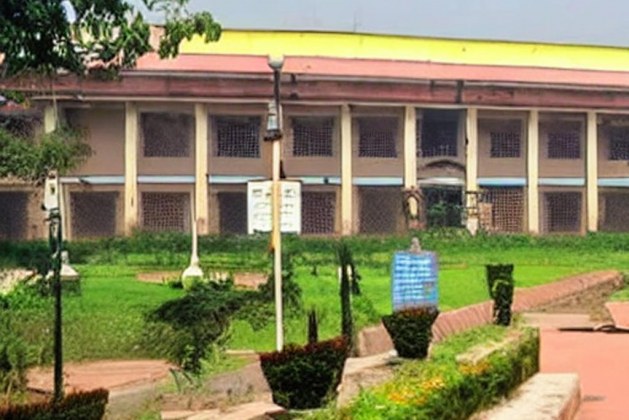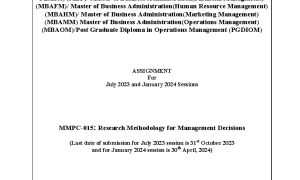[7.18 Master of Arts (History)(MAHI) | IGNOU]
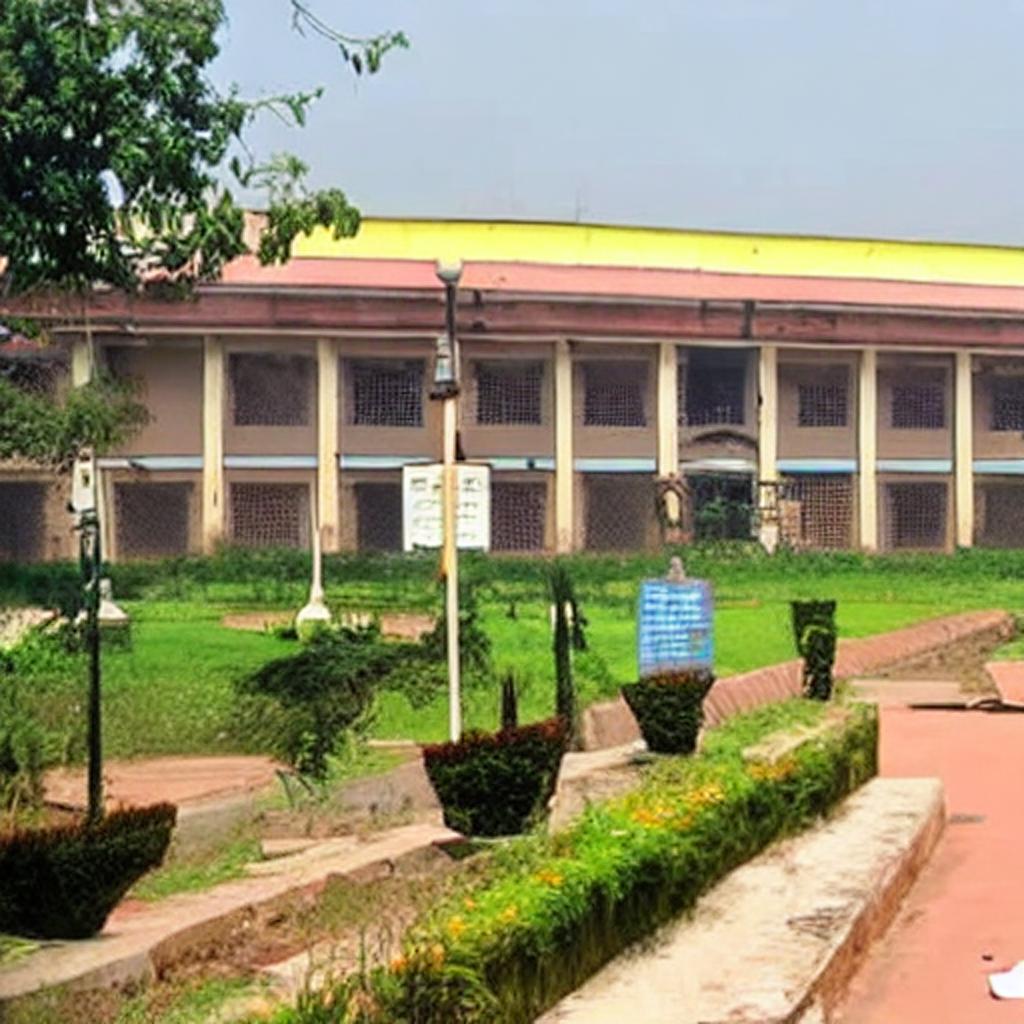
Executive Summary
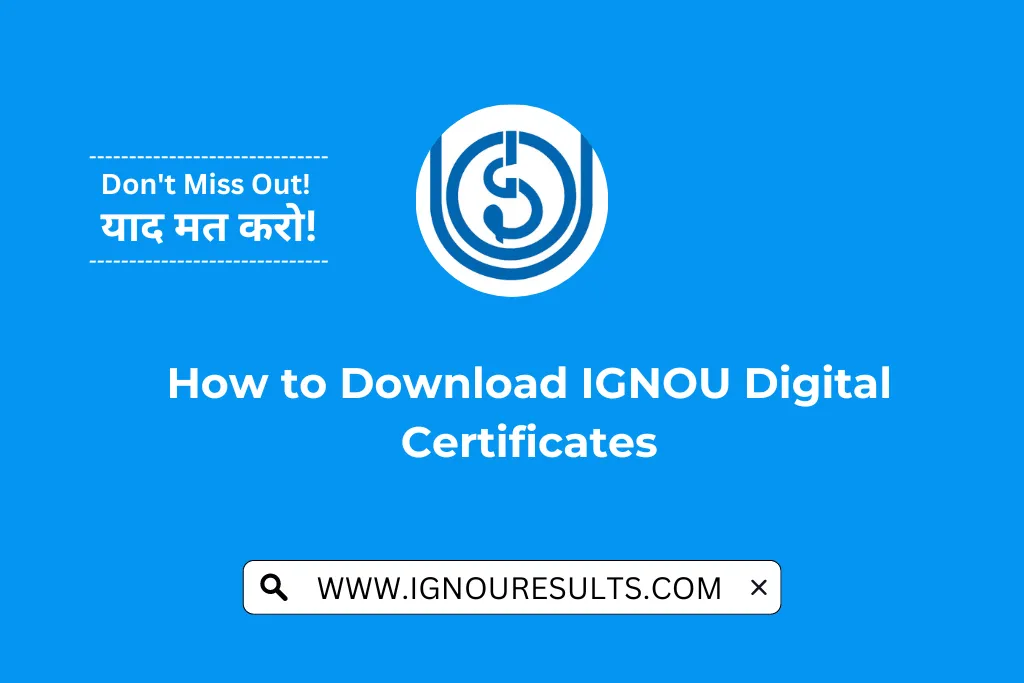
The [Master of Arts (History) (MAHI)] program offered by [Indira Gandhi National Open University (IGNOU)] is a comprehensive distance learning program that equips students with a deep understanding of historical research methodologies, critical analysis, and the ability to interpret and analyze historical events. This program caters to individuals seeking to enhance their knowledge of history, pursue research, or explore career opportunities in teaching, museums, archives, and related fields. The curriculum covers a wide range of historical periods and themes, allowing students to specialize in their areas of interest. With its flexible learning format and experienced faculty, the [MAHI] program provides an excellent opportunity for ambitious learners to advance their academic and professional goals.
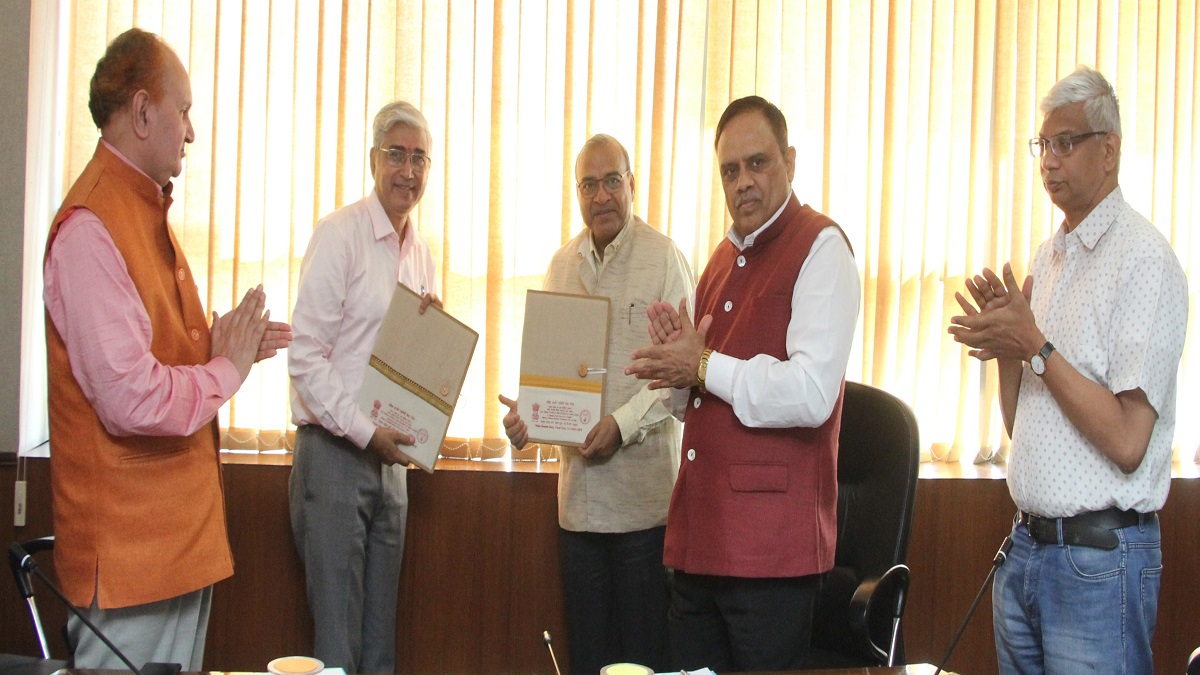
Introduction
[IGNOU’s Master of Arts (History) (MAHI)] program is a two-year distance learning course designed to provide students with a thorough understanding of historical studies. The program equips students with critical thinking skills, research methodologies, and the ability to analyze and interpret historical events and sources. Whether you aim to deepen your historical knowledge, pursue research, or embark on a career in history-related fields, the [MAHI] program offers a comprehensive and flexible learning experience.
Frequently Asked Questions (FAQ)
-
What is the eligibility criteria for the MAHI program? To be eligible for the MAHI program, you must have a Bachelor’s degree in any discipline from a recognized university with at least 50% marks.
-
What is the duration of the MAHI program? The MAHI program is a two-year distance learning course.
-
How is the MAHI program evaluated? The MAHI program is evaluated through a combination of assignments, projects, and a final examination.
Course Structure
The [MAHI] program is structured to cover a wide range of historical periods and themes, allowing students to gain a comprehensive understanding of the subject. The curriculum is designed to foster critical thinking, analytical skills, and research capabilities.
Historical Research Methodologies
This subtopic focuses on the methods and techniques used in historical research. Students learn about:
- Primary and Secondary Sources: Understanding the difference between primary and secondary sources, their limitations, and how to evaluate their reliability.
- Source Criticism: Developing the ability to critically analyze historical sources, identifying potential biases, and evaluating their authenticity.
- Research Design: Designing and conducting historical research projects, including formulating research questions, developing hypotheses, and collecting and analyzing data.
- Historical Interpretation: Interpreting historical evidence, constructing arguments, and presenting findings in a clear and concise manner.
Ancient Indian History
This subtopic delves into the history of ancient India, covering:
- Indus Valley Civilization: Exploring the origins, achievements, and decline of the Indus Valley Civilization, including its urban planning, trade networks, and social structures.
- Vedic Period: Examining the Vedic period, its religious beliefs, social organization, and the development of early Indian literature.
- Rise of Empires: Studying the rise and fall of major empires in ancient India, including the Mauryan, Gupta, and Kushan empires, their political, economic, and cultural achievements.
- Buddhism and Jainism: Investigating the origins and spread of Buddhism and Jainism, their impact on Indian society, and their philosophical and religious principles.
Medieval Indian History
This subtopic focuses on the history of India during the medieval period, covering:
- Early Medieval Period: Examining the political, economic, and social developments in India during the early medieval period, including the rise of new dynasties and the spread of Islam.
- Delhi Sultanate: Studying the Delhi Sultanate, its political structure, administrative practices, and cultural contributions, including the development of Indo-Islamic architecture and art.
- Mughal Empire: Analyzing the Mughal Empire, its imperial expansion, administrative reforms, and cultural patronage, including the development of Persian literature, art, and architecture.
- Rise of Regional Kingdoms: Exploring the rise of regional kingdoms in India, their political, economic, and social structures, and their role in shaping the political landscape of medieval India.
Modern Indian History
This subtopic delves into the history of India during the modern period, covering:
- British Colonial Rule: Examining the impact of British colonial rule on India, including the East India Company’s rise to power, the Sepoy Mutiny, and the introduction of modern administration and education systems.
- Indian Nationalism: Analyzing the growth of Indian nationalism, its diverse forms, and the struggle for independence, including the contributions of prominent leaders like Mahatma Gandhi and Jawaharlal Nehru.
- Partition of India: Examining the partition of India and Pakistan in 1947, its consequences, and the challenges faced by newly independent India.
- Post-Independence India: Studying India’s progress since independence, its political, economic, and social development, and its role in the global arena.
Historiography
This subtopic explores the history of historical writing and the development of different historical perspectives. Students learn about:
- Different Schools of History: Understanding the different schools of historical thought, including positivism, Marxism, post-colonialism, and gender history.
- Evolution of Historical Writing: Tracing the evolution of historical writing from ancient times to the present day, highlighting key trends and changes.
- Historical Interpretation: Examining the role of interpretation in historical writing, analyzing different perspectives on historical events, and considering the influence of historical context.
- Ethics of Historical Research: Understanding the ethical principles involved in historical research, ensuring accuracy, objectivity, and responsible use of sources.
Conclusion
The [MAHI] program offered by [IGNOU] provides a comprehensive and flexible learning experience for those seeking to enhance their knowledge of history, pursue research, or embark on a career in history-related fields. The curriculum covers a wide range of historical periods and themes, allowing students to specialize in their areas of interest. With its experienced faculty and distance learning format, the [MAHI] program provides an accessible and enriching educational experience.
Keywords:
- [IGNOU]
- [MAHI]
- [Master of Arts (History)]
- [Distance Learning]
- [Historical Research]

